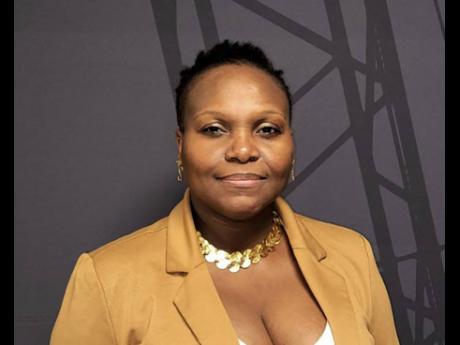C’bean nationals urged to research provisions for study as Canada caps permits
TORONTO:
A group that represents international students from Jamaica and the Caribbean says Canada’s plan to cap the number of international student permits over the next two years, is no surprise given the current situation for most internationals.
Leighton Henry and Feona Thornhill-Anderson, co-chairs of the Jamaican Canadian Association, Caribbean International Student Group (JCA-CISG), which was established in November 2018, said the move was anticipated.
A Canada gov’t release last week stressed that in recent years, the integrity of the international student system has been threatened. It noted that some institutions have significantly increased their intakes to drive revenues, and more students have been arriving in Canada without the proper supports they need to succeed.
“Rapid increases in the number of international students arriving in Canada also puts pressure on housing, healthcare and other services. As we work to better protect international students from bad actors and support sustainable population growth in Canada, the government is moving forward with measures to stabilise the number of international students in Canada.”
For 2024, the cap is expected to result in approximately 360,000 approved study permits, a decrease of 35 per cent from 2023.
Starting September 1, 2024, international students who begin a study programme that is part of a curriculum licensing arrangement will no longer be eligible for a post¬graduation work permit upon graduation. Under curriculum licensing agreements, students physically attend a private college that has been licensed to deliver the curriculum of an associated public college. These programmes have seen significant growth in attracting international students in recent years, though they have less oversight than public colleges and they act as a loophole with regards to post-graduation work permit eligibility.
DO NOT QUALIFY
Explaining the private-public partnership, Henry said a private college will seek a relationship with a publicly funded college to offer the same programme and through that arrangement provide a post-graduation work permit (PGWP).
“Oftentimes, they do not provide the supports that the international student will need to be immersed into Canadian workforce. There are quite a number of students from not just Jamaica, but all over the world, and this has resulted in what is happening here,” said Henry.
Thornhill-Anderson says that it has always been standard that when students come to Canada and attend a private college, upon completion of their programme they do not qualify for a post-graduation work permit.
“Oftentimes, the students don’t know that until they are almost at the end of completing their programmes because they just see ‘designated learning institute’. They don’t know that at the end of the study they are not going to qualify for anything. So, at the end of their study, the next step is if they are not offered a job or someone is sponsoring them then they need to go back to their country,” she said.
Thornhill-Anderson said the option for students who can, would have been to enrol in a public college to get the PGWP. However, she said the Canadian government has realised that this is happening and hence the changes announced this week.
“If a person comes here and has studied at a private college and then mid-way the study they realised, ‘okay, I’m at the wrong school’ and they want to apply and go to a public college, they’re not stopping them from doing that. But at the end of that study they are not giving them the work permit like they used to,” she said.
She says the government’s position is that a student cannot move from one institution to another.
VIABLE OPTION
The JCA-CISG co-chair cautioned that unless a student intends to study at a private college and then return to their country upon completion, they are wasting their money. The viable option is to apply to a public college which is usually more expensive.
“We normally see persons apply for a course at a public college and they often apply for a one-year programme. We always encourage them to apply for a two-year programme where more than likely they will be getting a three-year work permit at the end of that programme.”
Henry said that has now changed – once a student completes a one-year programme only one year will be offered on their work permit.
Thornhill-Anderson said that although the cheaper option of studying at a private college instead of a public one is alluring, the ramifications are different.
She said many so-called immigration consultants are also expected to feel the effect of the changes announced by the federal government as they are paid by that institution as an agent when they recommend a student to a college.
Consultants will want to ensure that a student has the school fee for the first year, then $10,000 required for immigration, and is eligible to apply for a study permit.
Sometimes, they tell would-be students that if they do a course in Canada, they will get a job.
“Well, it’s not that easy, it’s not that simple. There’s a lot that goes into getting into the labour market and being successful. You’re literally starting over your life being in Canada.”
Henry urged persons to do their own research especially by using the official websites – “ visitCanada.ca”, even before going to an immigration consultant.
“When you take your life and you put it in the hands of an individual whose interest is not yours, but is in the interest of the school, then you’re going to find yourself in problems. We have found that to be the case many times here.”
Henry said the JCA-CISG was set up with the view of helping students not to make the same bad choices that were made before.


